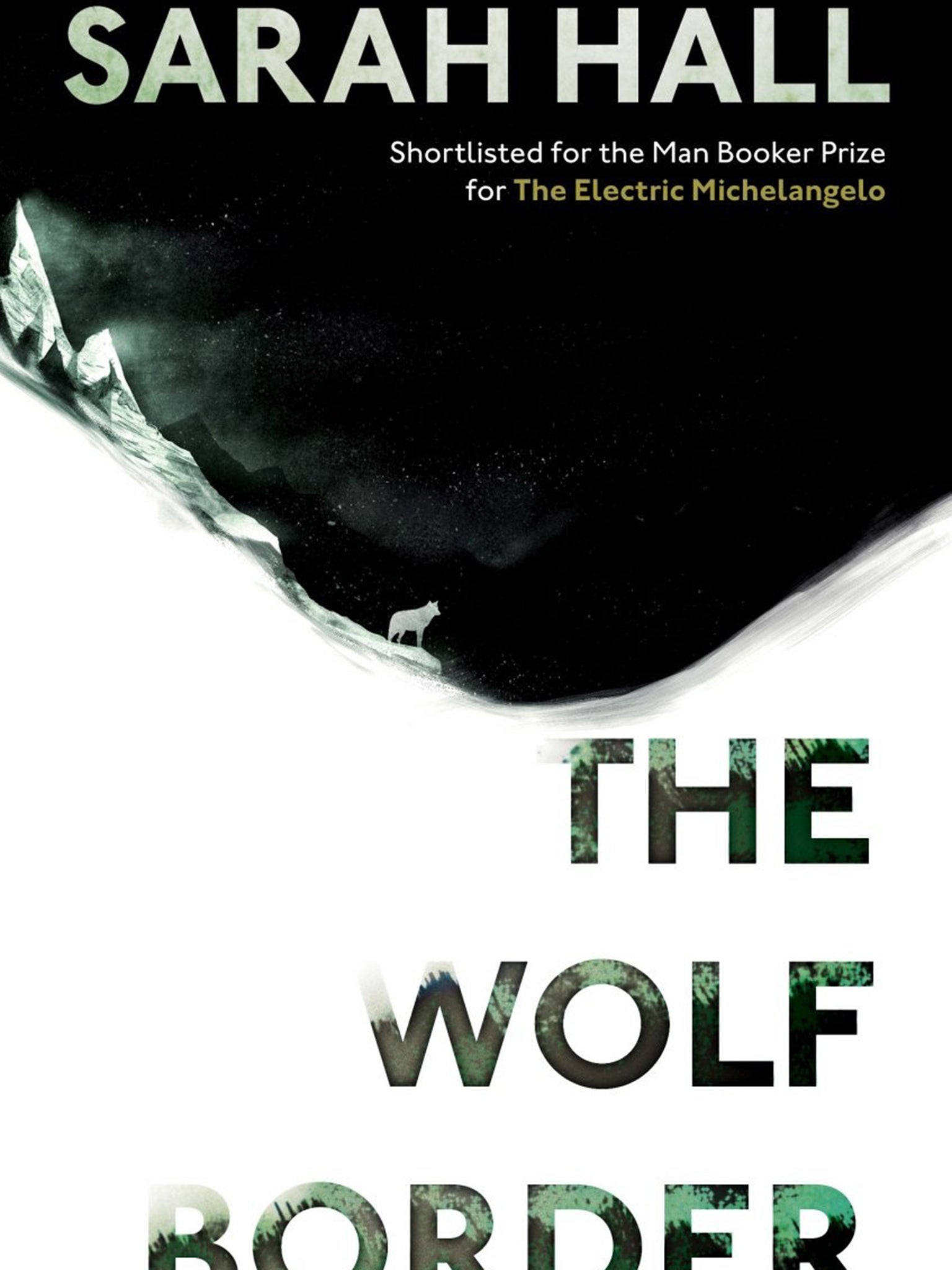The Wolf Border by Sarah Hall: A leader for the pack
This setting provides a perfect playground for Hall’s gorgeously visceral prose

Your support helps us to tell the story
From reproductive rights to climate change to Big Tech, The Independent is on the ground when the story is developing. Whether it's investigating the financials of Elon Musk's pro-Trump PAC or producing our latest documentary, 'The A Word', which shines a light on the American women fighting for reproductive rights, we know how important it is to parse out the facts from the messaging.
At such a critical moment in US history, we need reporters on the ground. Your donation allows us to keep sending journalists to speak to both sides of the story.
The Independent is trusted by Americans across the entire political spectrum. And unlike many other quality news outlets, we choose not to lock Americans out of our reporting and analysis with paywalls. We believe quality journalism should be available to everyone, paid for by those who can afford it.
Your support makes all the difference.In four previous novels and award-winning short stories, Sarah Hall has carved out a niche for herself as a writer of sensual, muscular prose about the liminal spaces between civilisation and wilderness.
Her first novel, Haweswater, explores the boundaries between the domestic, nature, and politics when a village is drowned by the building of a reservoir. Her third, The Carhullan Army, is the brilliant sci-fi story of a group of women, who have had enough oppression, gone rogue.
This latest involves a more literal frontier. “The wolf border” is an expression in Finnish meaning the boundary between the capital region and the rest of the country, implying that outside it, all is wilderness …
We meet our heroine, Rachel Caine, on a reservation in Idaho monitoring a pack of wolves, but she’s soon persuaded back to her native Cumbria by a combination of the death of her mother, the town gadabout who had a complex relationship with her children, and men; and the whim of the local eccentric billionaire, Thomas Pennington, Earl of Annerdale, who has a penchant for “rewilding” and the money and land to do it.
Rachel is a great, strong, well-rounded female lead, pregnant from an otherwise uneventful one-night stand, and he wants her to introduce a wolf pack to his estate.
Everything about this setting provides a perfect playground for Hall’s gorgeously visceral prose. Cumbria is “glistening light on the hills … the myrrh of autumn … upland pheromones”. In the cold of winter, “the trees ring glassily with birdcalls”. A wolf’s mouth is “a lustre of sharpness, white crescents, ridges, black pleated lips …”
A description of an erect penis (the hunky local vet’s) is, frankly, phenomenal. Against a political backdrop of local protest and a Scottish referendum that’s heading towards a “yes” vote, the wolves breed, Rachel’s estranged half-brother is in a cautious recovery, and Rachel uneasily considers settling down. (It has something to do with that vet).
The wolf as a symbol is subtly used: for Rachel, herself a lone wolf; for Scotland, fighting for its freedom; and for the way that class and money work in Britain: “Jurassic. The Earl is a behemoth among ordinary men; he resides at the apex, above all trophic levels.”
Will wildness overwhelm stability, or will it all end, as Rachel speculates, “as conflicts and dreams do, in a government committee room”? As the plot heads towards a crash, it’s hard to decide which is more frightening: the untameable, or to be tamed.
Join our commenting forum
Join thought-provoking conversations, follow other Independent readers and see their replies
Comments